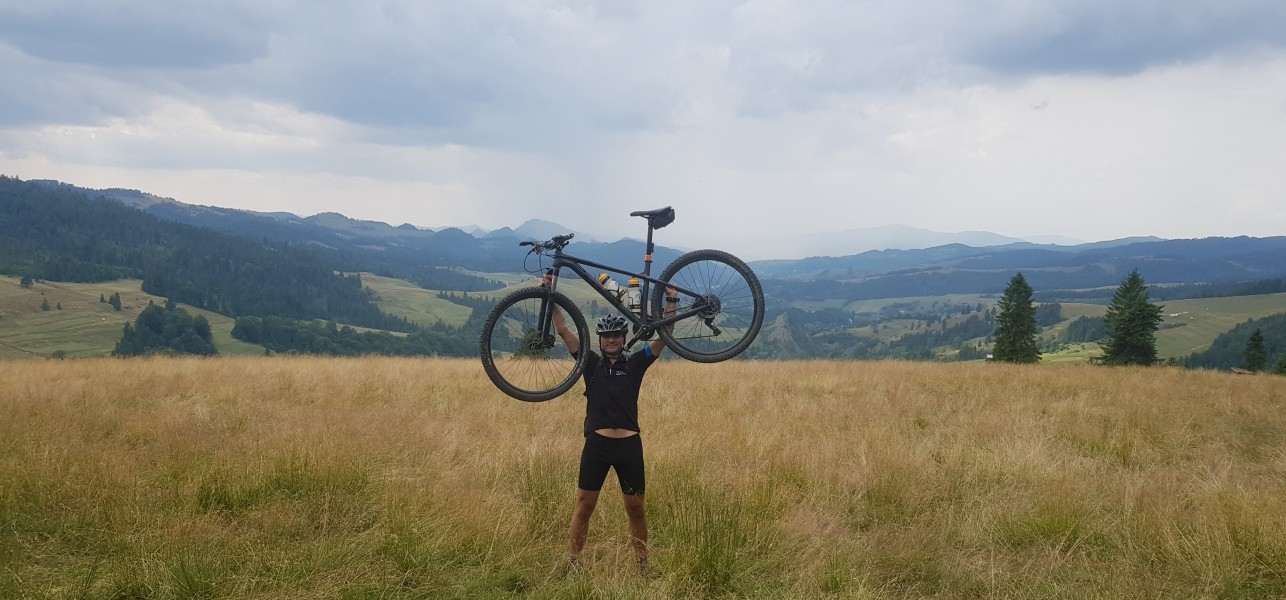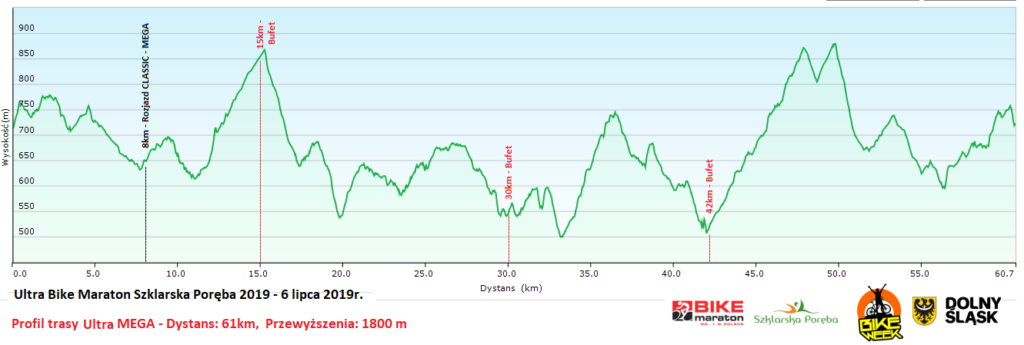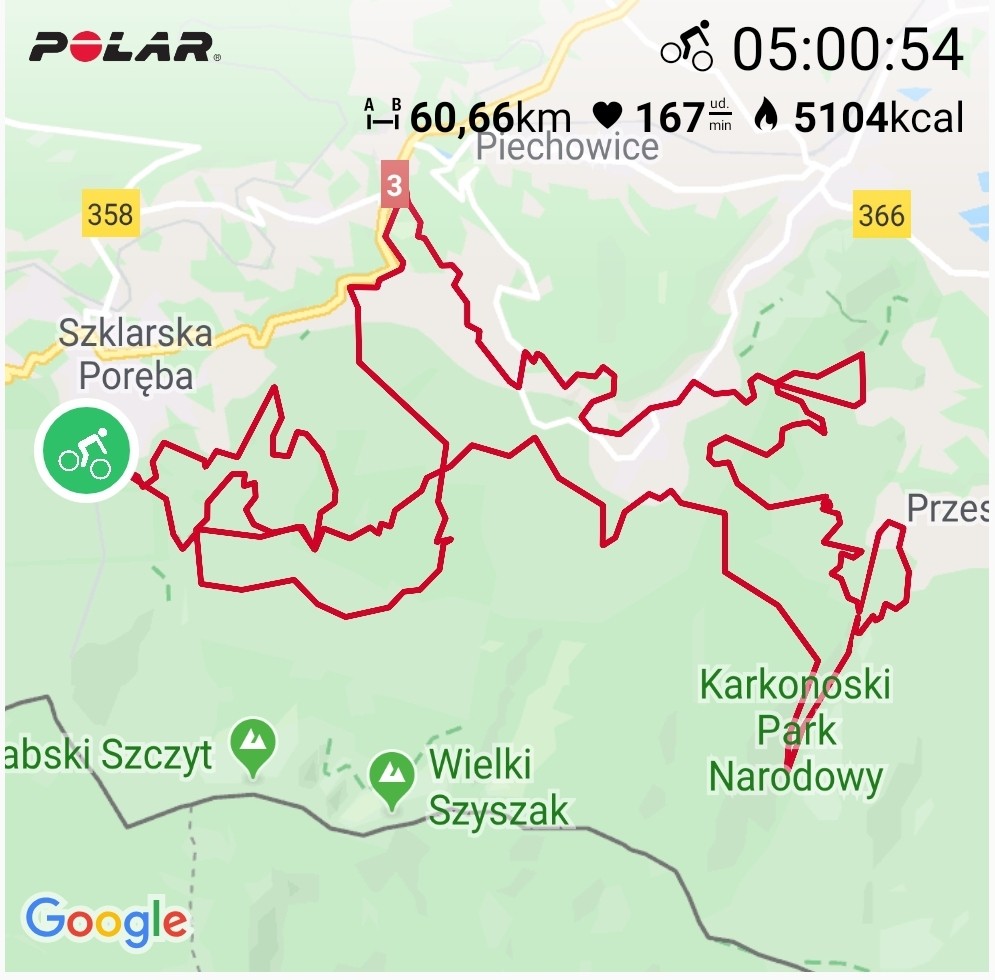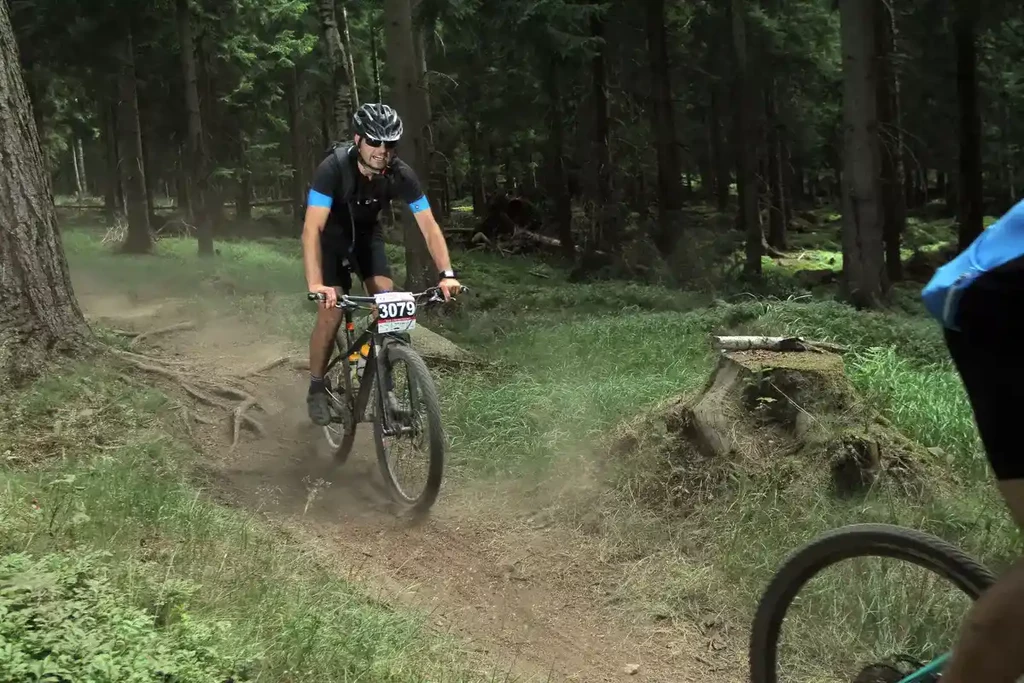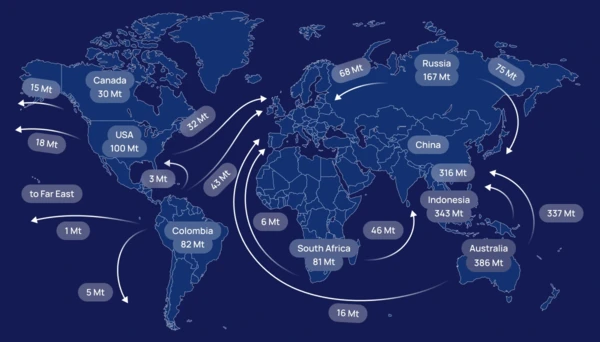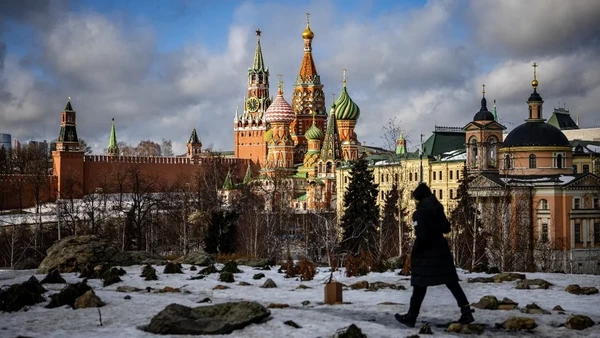All of us can ride a bike, but are we ready to start in mountain MTB marathons over long distances at deadly highs? Definitely not! Mountain biking is a long distance race. Short sprints can cost us a lot. In mountain MTB marathons in extreme cases, as it unfortunately happened in 2019, during the race at very high air temperatures, some paid the maximum price: LIFE ☹.
It can be said that the energy procurement is very similar in this respect to the MTB race.
The decisions we have to make now will have an impact on the result we will achieve in procurement, e.g. in several months, quarters or even years. If I define the wrong strategy and distribute the forces wrong, I may not get to the finish line. If I do not secure the prices of energy or gas, I can expose the company to serious consequences, including loss of profitability.
Preparation (training, diet, motivation, training, appropriate equipment)
Saying here works great - how much effort you put into preparing for the start, you will achieve such results. There is no place for shortcuts. Simply systematic, determination, perseverance, sacrifices and good equipment bring us closer to a specific goal. The goal is very important. In a different way I am preparing to take off on relatively flat terrain, differently when it comes to murderous ramps. However, I have no illusions that by training 3 times a week I will achieve significant results. On the podium, there are usually professional cyclists who often devote 6 days a week to riding for several hours. For me it is not possible because I would have to sacrifice work and family, which is not my goal.
And here is another analogy, i.e. the level of professionalism. While in MTB racing I want to remain an amateur, in professional life I want to be an expert, stand on the podium boxes.
As an expert in energy procurement, I want to provide the highest quality knowledge and experience. Here, "training" is just as important as in sport. Searching for market information, new solutions, or practically constantly negotiating various processes is a kind of training. And just as in different terrain races we choose different approaches, so when we buy for companies with different business profiles we take a different path to the goal.
Ability to let go
If you fight, you do your best and sometimes fail. Fitness, equipment, skills, etc., is worth letting go and even leave the MEGA route on CLASSIC or HOBBY even during the race. This is not a failure, it is common sense. In the case of a longer break in training caused by factors more or less dependent on us, let's give up and let go the next planned race - in one day we will not make up the preparation of the body for enormous effort.
The analogy with my work is not so obvious, but still visible. Sometimes the client tries to convince me to overly break the road. He suggests that when advising him on the energy procurement, I should always bit the market. To the surprise of these people I give up in this situation. I am not going to fight the market at the customer's expense. Nobody in the world has succeeded yet in a long run. Someone will succeed in the first year, maybe in the second year, but in the next one the impact of bad decisions can be devastating for the company.
Race strategy
We work on strategic goals in stages, distributing forces with varying intensity. To improve your score by a minute, 10 minutes or an hour on the route, how much time do you have to take for each kilometer? What pace is this? It's constant work and awareness of how to set yourself real challenges without risking injury - it's worth measuring your strength against intentions. The most important race strategy for me is to go back home and to my family. This approach effectively verifies the momentary impulses or not to let go of the breaks in a steep downhill on the roots and stones in addition to wetlands or mud. Who is interested in Polish MTB certainly has in mind the nasty injury of Maja Włoszczowska 7 years ago, when during training the fall and injury of the right foot in a few seconds excluded the runner-up in mountain biking from Beijing from participation in the Games in London.
Training alone is not enough. In energy procurement, even if we know a lot about the market, we have access to information, we will not guarantee good results. The same with MTB riding. Just training and a great bike do not guarantee that I will reach my destination. Because the most important is experience and plan, which is the right strategy assuming operating methods when the conditions change.
We always have at least two options: either continue uphill or go quickly downhill 😉
Tactics
For many it's probably nothing revealing, but I will share with you my tactics while driving:
- I follow the route well, focus and look far enough behind the wheel.
- Sometimes it is worth getting off the bike at a steep descent and bringing the bike down quickly rather than trying ambitiously to try your hand.
- Too strong start is also not good - we will quickly lose strength to beat the second half of the race.
- If you drive at your own pace and someone stronger is chasing you, let yourself overtake you. It's a race, but fair play is worth fighting for in sport. Respect on the route is very important to me.
- Remember that you are an AMATEUR.
Again, there is an amazing similarity in my work. When I advise a client on buying e.g. gas in Central Europe, I am not interested only in what is happening on the Central Europe's market. I need to look broadly what is happening at neighboring countries and even what is happening globally in the world, in the USA or in China, Australia or Japan, because it can have a significant impact on strategic decisions.
When the price level is high, we do not avoid making decisions because it will be fatal. We can say that on such a steep price ramp we get off the bike and move at a slower pace: we make smaller decisions not to get to the wall, which can be, for example, our budget.
Too strong start in energy buying may mean securing too much well in advance. Imagine the situation that you are negotiating the price of energy for the whole next year in advance for a year or even 2 years earlier. At first you are happy that it is already taken care of. But with such a strong loss after some time it may turn out that it was too sharp driving, because in the meantime prices have fallen sharply and in relation to your competition "you are getting breathless".
Your own pace is the right assessment of our capabilities. Remember that nobody has bit the market yet.
And last: it is good to ride just behind someone with experience.

